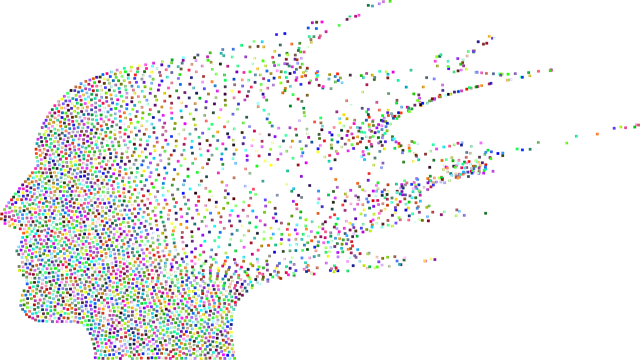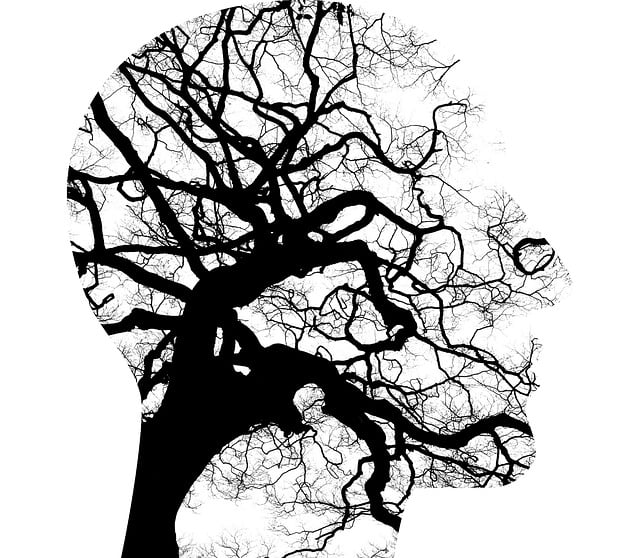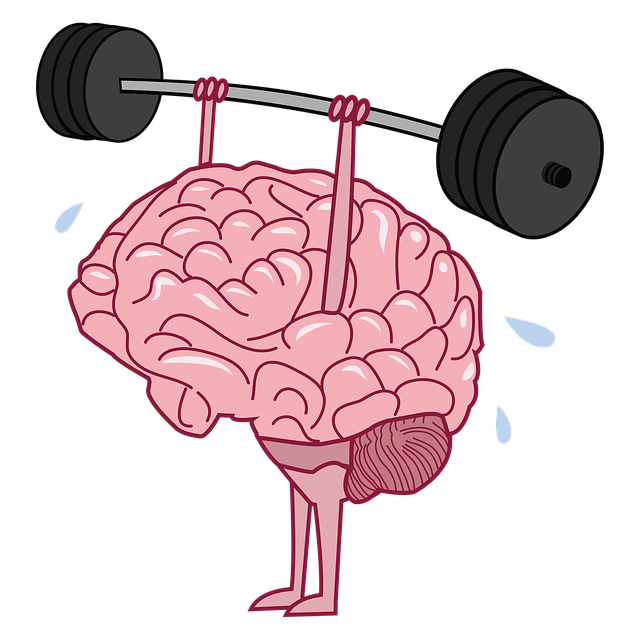In Longmont, diagnosing ADHD and related conditions requires careful consideration due to potential misattributions of symptoms. Cultural sensitivity in mental healthcare is crucial, as stress management plays a key role in accurate diagnosis. Integrating innovative assessment tools, compassionate cultivation, and trauma support improves diagnostic precision and patient-therapist communication. Specialized training programs for Longmont ADD-ADHD Therapy enhance symptom understanding and comorbidity navigation. Community efforts raising mental health awareness empower residents to advocate for accurate diagnoses. Access to tailored care, including crisis intervention and co-occurring condition support, has expanded significantly in Longmont, fostering resilience against life's stressors.
In Longmont, improving mental illness diagnosis accuracy is a pressing need, especially for conditions like ADD/ADHD. This article delves into the multifaceted approach to enhance identification and support. We explore current challenges, from misdiagnoses to overlooked cases, and present innovative assessment tools that promise more precise diagnoses. Additionally, we emphasize the role of clinical training upgrades and community awareness programs in fostering accurate recognition. Accessing Longmont’s available ADD-ADHD therapy options ensures individuals receive the reliable support they deserve.
- Understanding the Current Challenges in Diagnosis: Uncovering Misdiagnoses and Overlooked Cases of ADD/ADHD in Longmont
- Advancing Assessment Techniques: Integrating Innovative Tools for More Precise Identification
- Enhancing Clinical Training: Equipping Healthcare Professionals with Specialized Knowledge in ADD/ADHD
- Promoting Community Awareness: Educating Longmont Residents to Recognize Symptoms and Advocate for Accurate Diagnosis
- Accessing Supportive Resources: Connecting Individuals with Reliable Longmont ADD-ADHD Therapy Options
Understanding the Current Challenges in Diagnosis: Uncovering Misdiagnoses and Overlooked Cases of ADD/ADHD in Longmont

In Longmont, the landscape of mental healthcare faces unique challenges when it comes to diagnosing Attention-Deficit/Hyperactivity Disorder (ADHD) and its related conditions. Often, what presents as ADHD symptoms can be misattributed to other issues, leading to misdiagnoses or overlooked cases. This is particularly true in diverse communities where cultural sensitivity in mental healthcare practice is paramount. The complex nature of ADD-ADHD therapy requires a nuanced approach, considering not just the individual’s presentation but also their background and personal experiences.
Stress management and emotional regulation play significant roles in accurate diagnosis. In Longmont’s fast-paced environment, stress can exacerbate symptoms, making it crucial for healthcare providers to be adept at distinguishing between ADHD-related impairments and other stressors. By integrating cultural sensitivity into mental healthcare practices, professionals can create safer spaces, improving patient trust and encouraging more open discussions about their experiences. This, in turn, enhances the likelihood of precise diagnoses and effective treatment plans for those seeking Longmont ADD-ADHD therapy.
Advancing Assessment Techniques: Integrating Innovative Tools for More Precise Identification

In the pursuit of enhancing mental illness diagnosis accuracy, professionals are continually exploring and integrating innovative assessment tools. This evolution in diagnostic techniques is pivotal, especially for conditions like Attention-Deficit/Hyperactivity Disorder (ADHD), where proper identification can significantly impact treatment outcomes, such as those availing Longmont ADD-ADHD Therapy. Integrating advanced methods goes beyond traditional approaches to incorporate compassionate cultivation practices and trauma support services, ensuring a nuanced understanding of patients’ experiences and challenges. These techniques not only improve diagnostic precision but also foster better patient-therapist communication strategies.
Through the adoption of innovative tools, mental health professionals can delve deeper into the complex interplay of symptoms, environmental factors, and personal histories. This holistic perspective is crucial in distinguishing between various conditions and ensuring appropriate treatment plans. By combining these advanced assessment techniques with effective communication strategies, healthcare providers can offer tailored support, enhancing the overall effectiveness of care, especially for individuals navigating the complexities of ADHD or other mental health challenges.
Enhancing Clinical Training: Equipping Healthcare Professionals with Specialized Knowledge in ADD/ADHD

Mental illness diagnosis accuracy often hinges on robust clinical training for healthcare professionals. When it comes to Attention-Deficit/Hyperactivity Disorder (ADHD) or ADD, specialized knowledge is paramount. Longmont ADD-ADHD Therapy has been a game-changer in enhancing diagnostic precision by offering intensive training programs focused specifically on this neurodevelopmental condition. These programs equip healthcare providers with the tools and insights needed to navigate the complex symptoms and comorbidities often associated with ADHD, ensuring more accurate and timely diagnoses.
Incorporating evidence-based practices, such as Mindfulness Meditation and techniques from the Mental Wellness Podcast Series Production, into clinical training further strengthens diagnostic capabilities. By promoting self-esteem improvement and mindfulness, healthcare professionals can better assess and understand individual experiences, leading to more nuanced and effective treatment plans. This holistic approach not only enhances diagnosis accuracy but also sets the stage for improved mental wellness outcomes.
Promoting Community Awareness: Educating Longmont Residents to Recognize Symptoms and Advocate for Accurate Diagnosis

In Longmont, promoting community awareness about mental health is a key step towards improving diagnosis accuracy for conditions like ADD/ADHD. Educating residents to recognize common symptoms and understand the nuances of neurodivergence empowers them to advocate for accurate diagnoses. This begins with raising awareness through workshops, seminars, and accessible online resources tailored to the Longmont community. By fostering self-awareness exercises and open dialogues, individuals can better communicate their experiences to healthcare professionals.
Implementing effective communication strategies and crisis intervention guidance is vital in this process. Encouraging residents to share detailed accounts of symptoms, behaviors, and challenges helps mental health experts make more precise diagnoses. This collaborative approach ensures that the unique needs of each individual are considered, leading to more effective treatment plans for conditions such as ADD/ADHD in Longmont.
Accessing Supportive Resources: Connecting Individuals with Reliable Longmont ADD-ADHD Therapy Options

In Longmont, accessing reliable and supportive resources for ADD-ADHD therapy is now more accessible than ever. With a growing awareness of mental health issues, numerous professionals have stepped up to provide specialized care tailored to individuals struggling with Attention Deficit Hyperactivity Disorder (ADD) and its various manifestations. These therapists employ evidence-based practices to offer effective Longmont ADD-ADHD therapy, focusing on symptoms like inattention, impulsivity, and hyperactivity. By fostering a safe and non-judgmental environment, they help clients manage daily challenges, improve focus, and enhance overall well-being.
Beyond typical therapy sessions, these resources often provide crisis intervention guidance, burnout prevention strategies, and tailored support for co-occurring conditions like anxiety. This holistic approach ensures individuals not only receive treatment for their ADD-ADHD but also gain tools to navigate life’s stressors with greater resilience. Whether someone is seeking long-term management or immediate crisis support, the Longmont ADD-ADHD therapy landscape offers diverse options designed to meet unique needs and promote lasting positive outcomes.
In Longmont, improving mental illness diagnosis accuracy for ADD/ADHD is a multifaceted approach. By understanding current challenges, advancing assessment techniques, enhancing clinical training, promoting community awareness, and providing access to supportive resources like local Longmont ADD-ADHD therapy options, we can ensure more accurate and timely diagnoses. These efforts collectively foster a healthier and better-supported community for those navigating ADHD.










